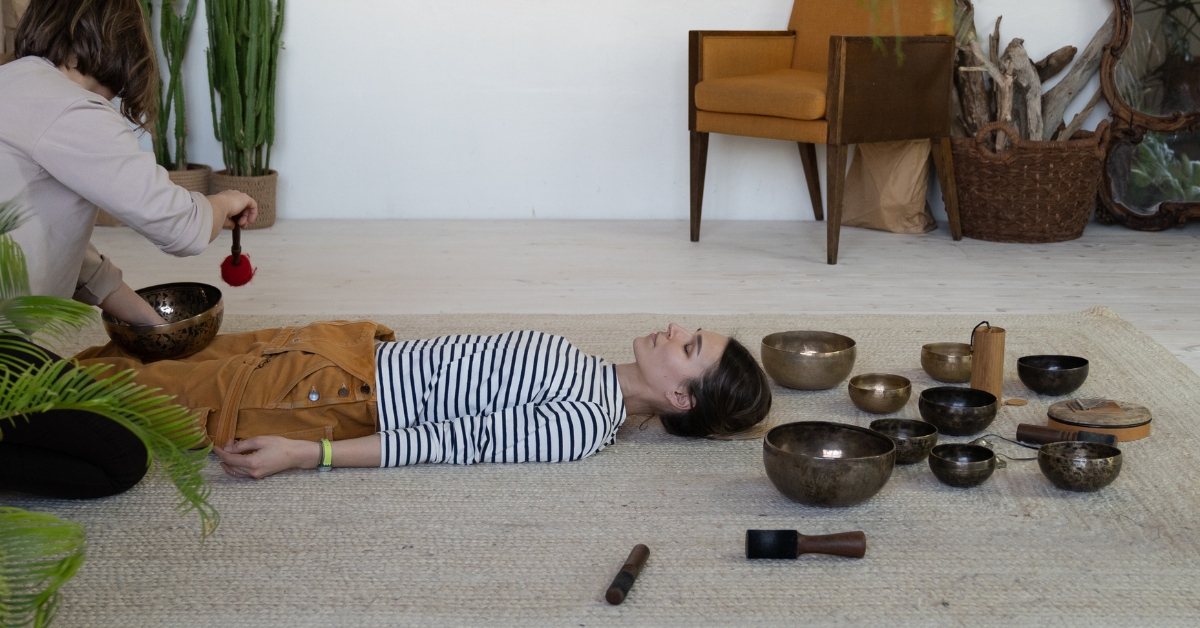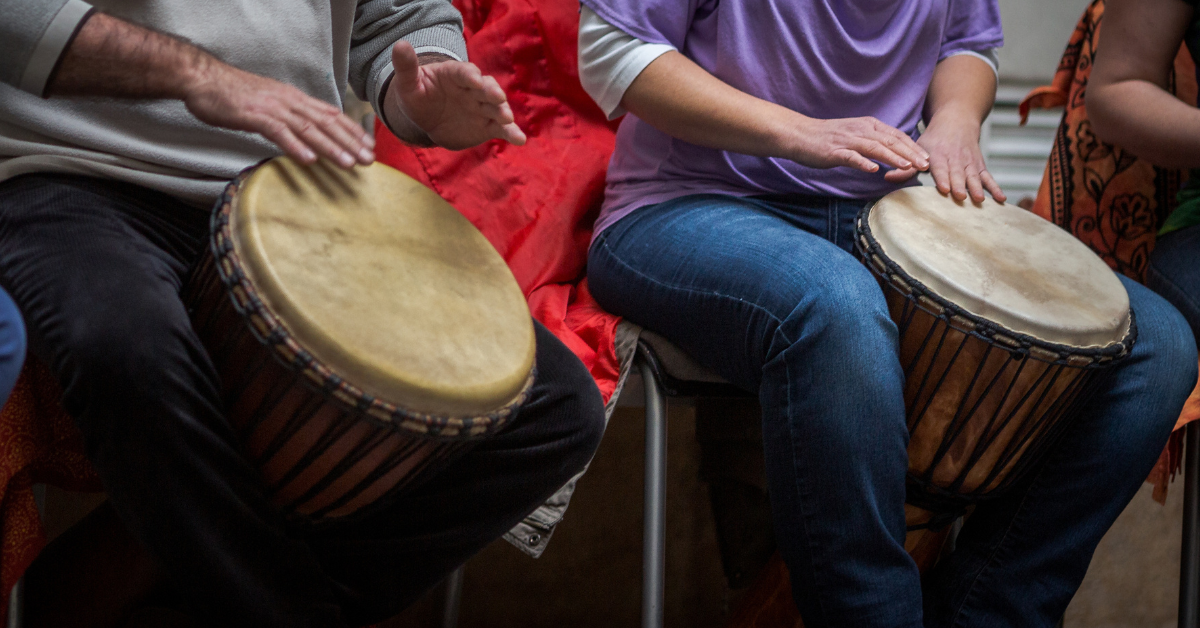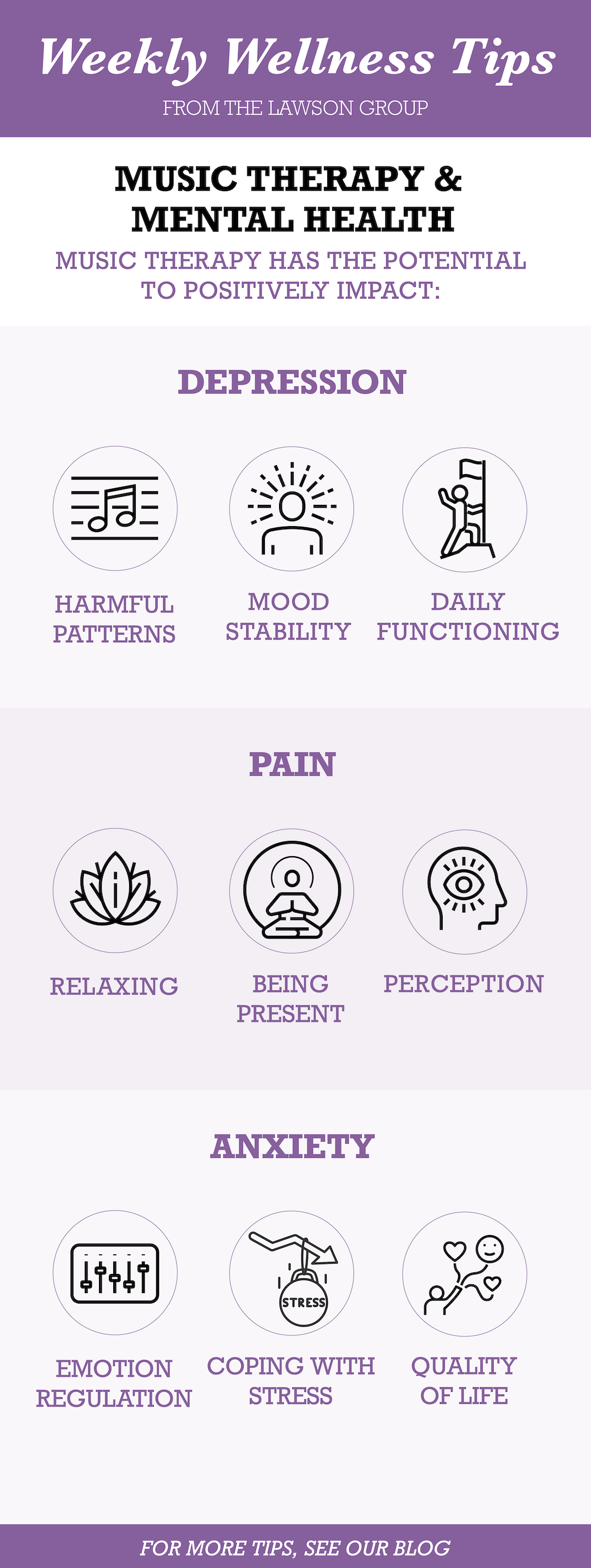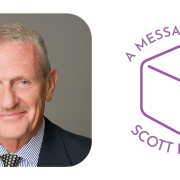
Music has the power to create an emotional response in all of us. But did you know that music can be used as a form of therapy? Music therapy is an evidence-based practice with many benefits.
This tip sheet will provide an introduction to music therapy and explore a few different techniques used today.
For a printer-friendly version of this article, click here.
Types of Music Therapy
There are multiple types of music therapy, but they all have the same goal—to move a person towards a more positive mindset and strengthen emotional skills.
Music therapists use a variety of techniques to achieve this goal, including improvisational music, lyric analysis, songwriting, listening to pre-existing songs, and more. Here are some brief descriptions of each type of music therapy:
Improvisational Music
During improvisational music sessions, the therapist encourages the patient to express themselves through playing instruments or singing.
This technique helps people learn how to express their feelings without using words. It also helps them learn how to collaborate with others and build trust.
Lyric Analysis
In lyric analysis, the therapist has the patient listen to songs they find meaningful and then discuss what emotions those lyrics evoke in them.
This technique helps patients recognize how certain lyrics can relate to their own life experiences and express complex emotions that may be difficult for them to verbalize.
Songwriting
Songwriting sessions involve writing down one’s thoughts and feelings in song format (lyrics and melody). The process of writing these songs allows patients to reflect on their feelings in a creative way and gives them an outlet for self-expression.
Vibroacoustic Therapy
Vibro-acoustic therapy combines low-frequency vibrations with slow-paced music for an experience that helps circulate positive energy throughout the body.
This type of therapy makes use of sound waves that travel through different channels such as air, water, or other mediums such as chairs or beds designed specifically for vibroacoustic therapy.
Vibro-acoustic therapy has been used in medical settings since 1976 but has recently gained traction in holistic wellness circles due to its ability to promote relaxation and improved mental clarity.

Other Ways to Express Yourself Through Music
Who doesn’t need a little self-care? And what better way to practice self-care than expressing yourself through music?
Music has the power to transport us to another realm, provide relaxation and healing, and even help us discover our inner selves.
Whether you’re a musician or not, there are plenty of ways to use music as an outlet for your creativity and expression. Here are some creative ways to connect with your inner self through music:
Drumming
Drums can be used as a tool for both physical and psychological healing. The rhythmic vibrations of drumming have a cathartic effect on the body and mind that can help reduce stress, control chronic pain, inspire self-realization, and support social connection.
A single drum beat is often referred to as “the heartbeat of Mother Earth” because it connects us with the energy of the earth itself.
Singing
Also referred to as the brain’s “mega-vitamin” by psychologists, singing produces endorphins in the brain which studies have proven to help repair damaged brain tissue (both when listening to and singing)—which is why it is often part of treatment plans for Parkinson’s disease, dementia, and Alzheimer’s.
Singing also releases tension from our bodies while allowing us to express emotion in a positive way—especially during times when words may fail us.
Instrumental Music
Listening to instrumental music is an easy way to relax without having words or lyrics distract you from your own thoughts or emotions.
Instrumental music can also be used as a form of meditation that allows you time alone with yourself while still enjoying beautiful melodies playing in the background.
It can be especially helpful if you are feeling overwhelmed by life’s stresses or need some time away from every day worries.

Try Music Therapy, At Home or with a Professional
Whether you are looking for physical healing or emotional release from stressors in your life, there are many creative ways that you can express yourself through music!
Music therapy has been around for centuries as an effective method for managing stress & mental health issues.
While there are many different types of music therapy techniques available today, they all have the same goal—helping people move towards a more positive mindset & strengthen emotional skills.
If you’re looking for ways to help your clients cope with stress or mental health issues, consider exploring the world of music therapy!









